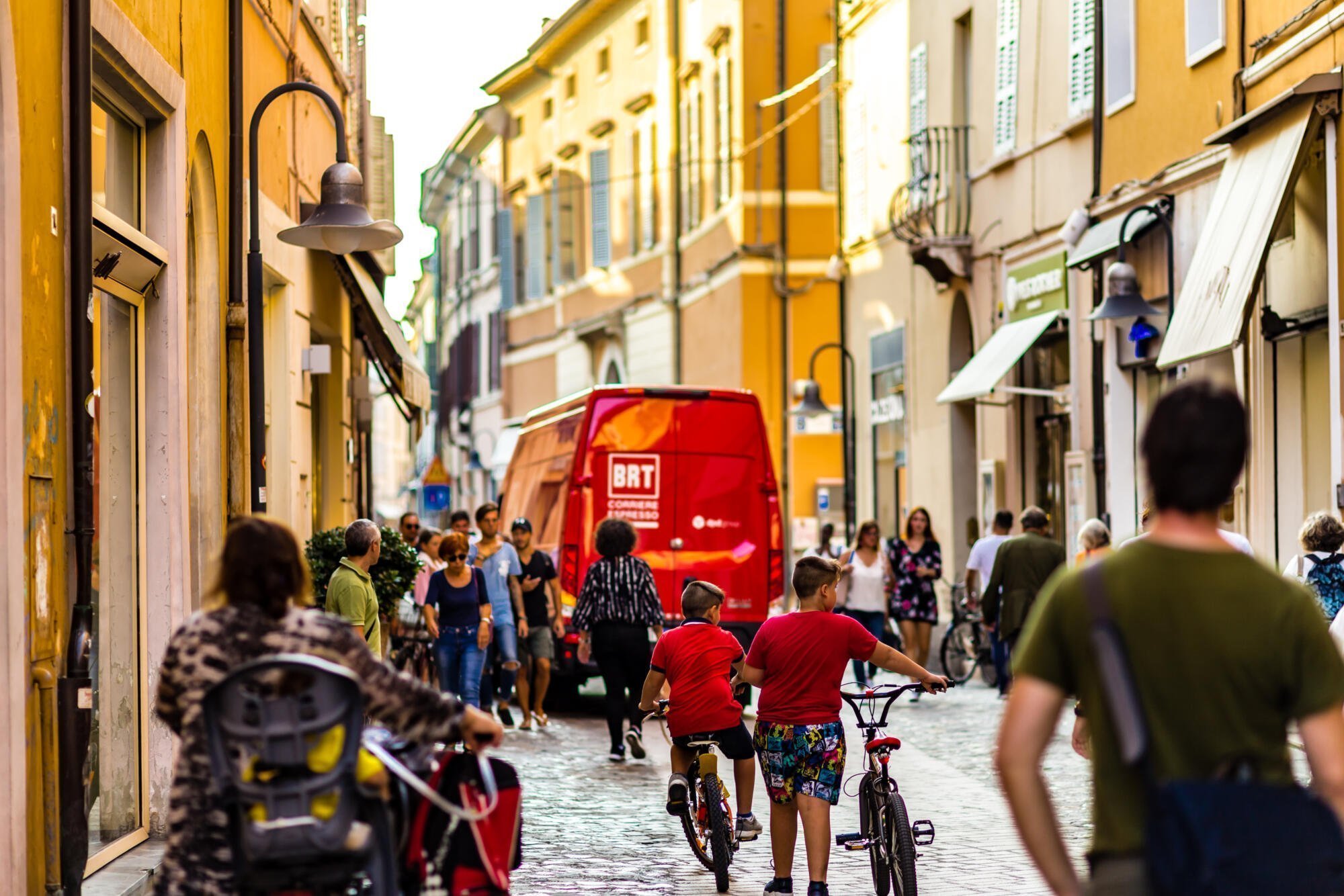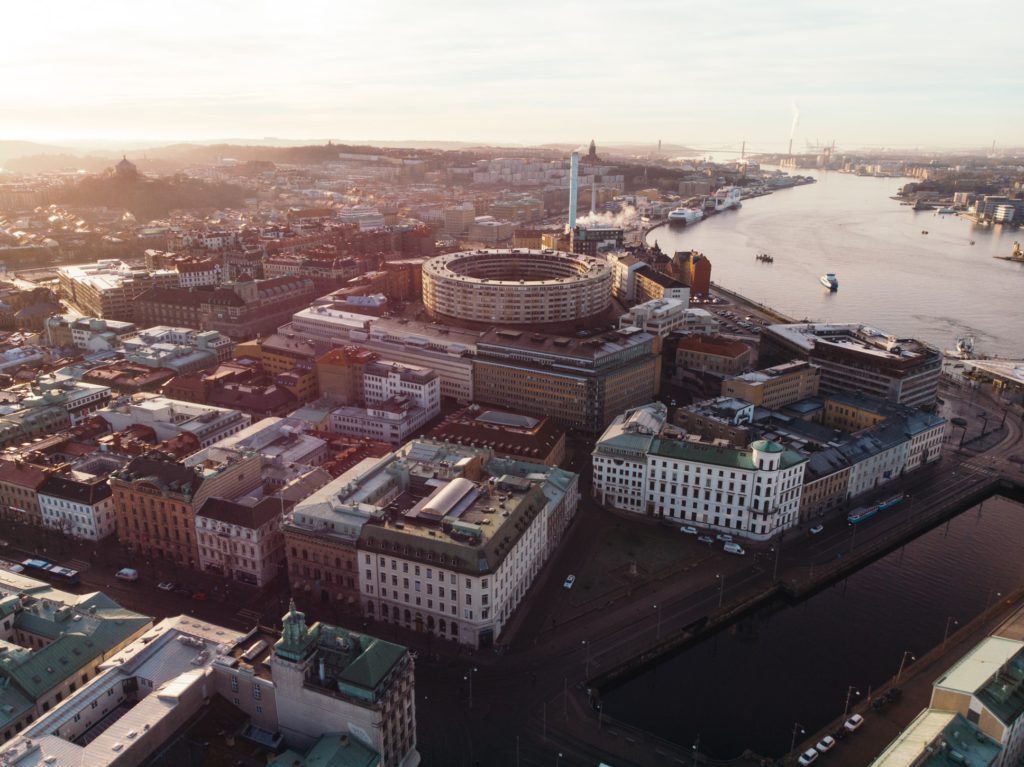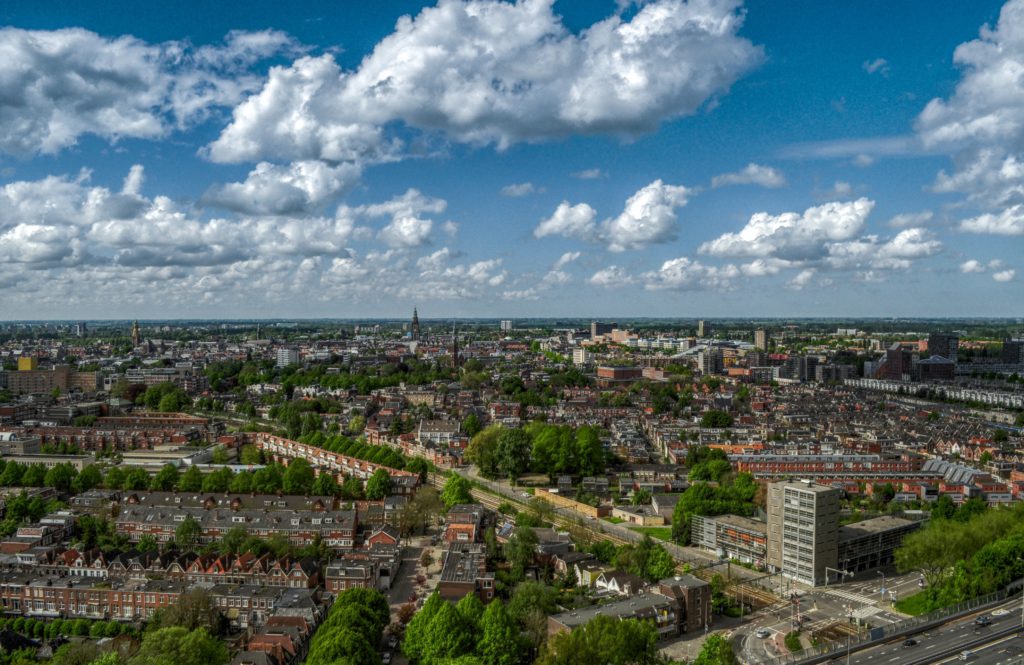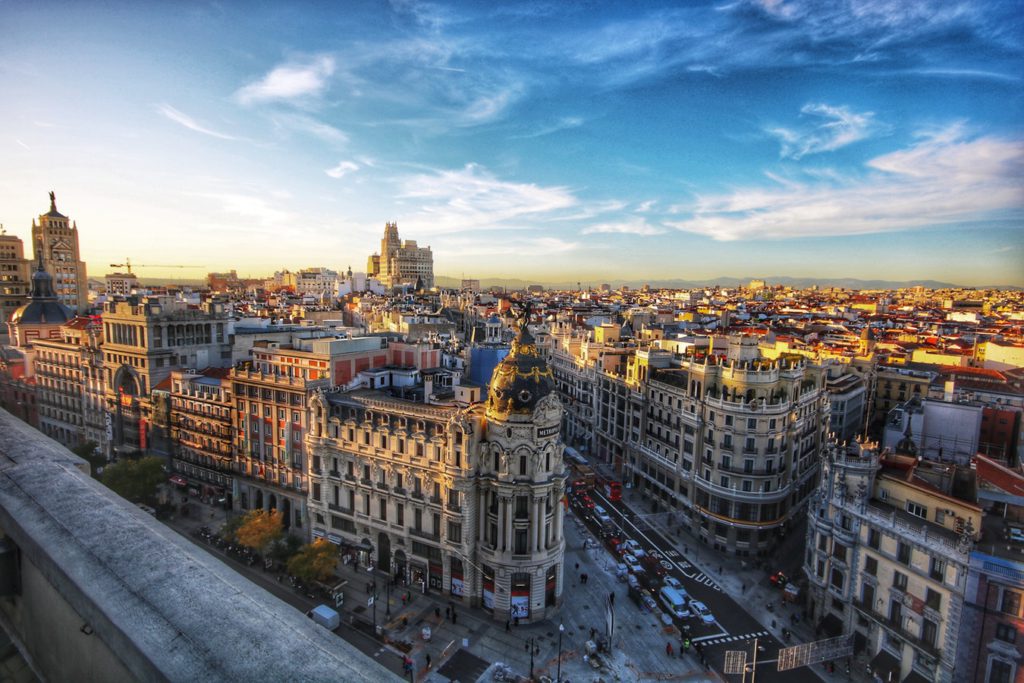New projects in European cities will trial clean air solutions for freight
By: Felicia Douglas, Project Manager, Global Clean Air at Environmental Defense Fund Europe
This post originally appeared on Environmental Defense Fund’s Global Clean Air blog.
Following the onset of the COVID-19 pandemic, people turned to home deliveries to safely meet their needs, furthering the rise in demand for parcels, and, consequently, an increase of vans and trucks on the roads. The freight sector is energy-intensive with last mile delivery relying largely on polluting diesel vehicles – creating air and noise pollution, congestion and greenhouse gas emissions.
Cities need innovative freight solutions now more than ever to protect public health, transform the sector and contribute to a cleaner, more sustainable urban logistics system.
That’s why Environmental Defense Fund Europe (EDF Europe) is excited to partner with POLIS on a new collaboration for zero-emission zones for freight.
The freight opportunity
The freight sector – which includes transport trucks, delivery and service vans, construction vehicles and dustbin lorries – is a major part of city economies. Freight transport is also a major source of greenhouse gas emissions and air pollution. In the European Union (EU), trucks contribute 22% of carbon dioxide (CO2) emissions from road transport, yet they only account for 2% of all vehicles on the road. Currently, vans are the fastest growing source of road transport emissions in the EU. Additionally, freight vehicles powered by fossil fuels also produce health-harming pollutants such as nitrogen dioxide (NO2) and fine particulate matter (PM2.5).
There is huge potential to decarbonise the freight sector and improve the urban environment, and one pathway is zero-emission zones for freight. These zones only allow freight and delivery vehicles that are zero-emission (e.g., electric vans and cargo bikes) to enter – bringing benefits like lower congestion, safer roads, cleaner air and reduced carbon emissions.
The SURF project
Many European cities are beginning to incorporate freight into sustainable urban logistics plans, presenting an opportunity for EDF Europe and POLIS to support cities by providing guidance and tools to implement innovative transport measures.
The Sustainable URban Freight (SURF) project aims to guide city planners, business leaders and other freight decision-makers in developing a strategy for sustainable freight transport. SURF is focused on the design and implementation of zero-emission zones for freight and employs a series of peer-to-peer learning activities, expert support and rapid studies or ‘Instant Projects’ with on-the-ground implementation.
Instant Projects
The Instant Projects are small-scale prototypes that will generate lessons to inform the wider urban freight community and create local, immediate impact. We are excited to announce the three successful applicants for the SURF Instant Projects:
Aarhus, Denmark
A port city with 280,000 residents
Project: Integrate urban freight transport in site-specific logistics plans in connection with large infrastructure projects near the central train station.
The project will be a natural progression from the more strategic plans for transportation and logistics at a wide city level to a more operational plan for a specific geographic area where considerable challenges are faced. We hope that others will learn from our experience and work to transform cities in a way that allows for more sustainable logistics solutions, – Louise Overvad Jensen, Engineer, Development Consultant
Karditsa, Greece
A flat, inland city with 40,000 residents
Project: Pilot deliveries for local businesses using e-cargo bikes with an emphasis on raising awareness and building partnerships.
We are currently defining a strategy for decarbonising urban logistics throughout the city, so the SURF project arrives at the perfect time. Our local businesses are eager to promote sustainable mobility and cargo bikes present an excellent opportunity for expanding zero-emission deliveries, – Natalia Tzellou, Head of the Department of Development Planning
Ravenna, Italy
A port city and regional capital with 160,000 residents
Project: Define a roadmap towards a zero-emission zone for freight and introduce a ‘Freight Quality Partnership’ as a permanent participatory process tool for stakeholder engagement.
Ravenna is committed to making urban freight transport green, efficient and resilient. This project will allow us to work on zero-emission zones for freight focused in the city center and develop the potential to expand to the whole municipality.
This project will raise ambition and generate cascading effects that speed up the process towards decarbonisation and the vision of a more livable and accessible city, – Nicola Scanferla, Manager, Senior Transport and Mobility
Tipping the scale
The total number of small and medium-sized cities in the EU far outweighs the number of large city centres. These cities can serve as an ideal ground for testing and implementing new transport strategies and services that are crucial for the most pressing mobility challenges. The three Instant Project cities, all small and medium-sized, will demonstrate solutions and pathways that other European towns and cities can replicate and scale up.
Many cities are rethinking how to move forward after the pandemic and create healthier communities. Reducing emissions and congestion from freight logistics is a critical pathway to a more sustainable transport system. The SURF project aims to advance clean air and climate goals through not only the Instant Projects but also by means of a Capacity Building Programme. The objective of this e-course is to raise awareness and equip policymakers, practitioners and operators with long-lasting capabilities to support the transition to zero-emission deliveries.
We look forward to sharing lessons, key results and tools from the Instant Projects later this year that will help other cities develop a roadmap to zero-emission freight and transform polluted urban roads, improve people’s health and protect the climate.
If you have experience in providing technical advisory support on urban freight, training or relevant studies, or you have a relevant project or study to showcase, please feel free to express your interest by means of this form to be considered for the capacity building e-course.
For a further introduction to the SURF project and to hear about what other European cities are doing to reduce the impacts of freight, you can watch the April 2021 webinar here.



